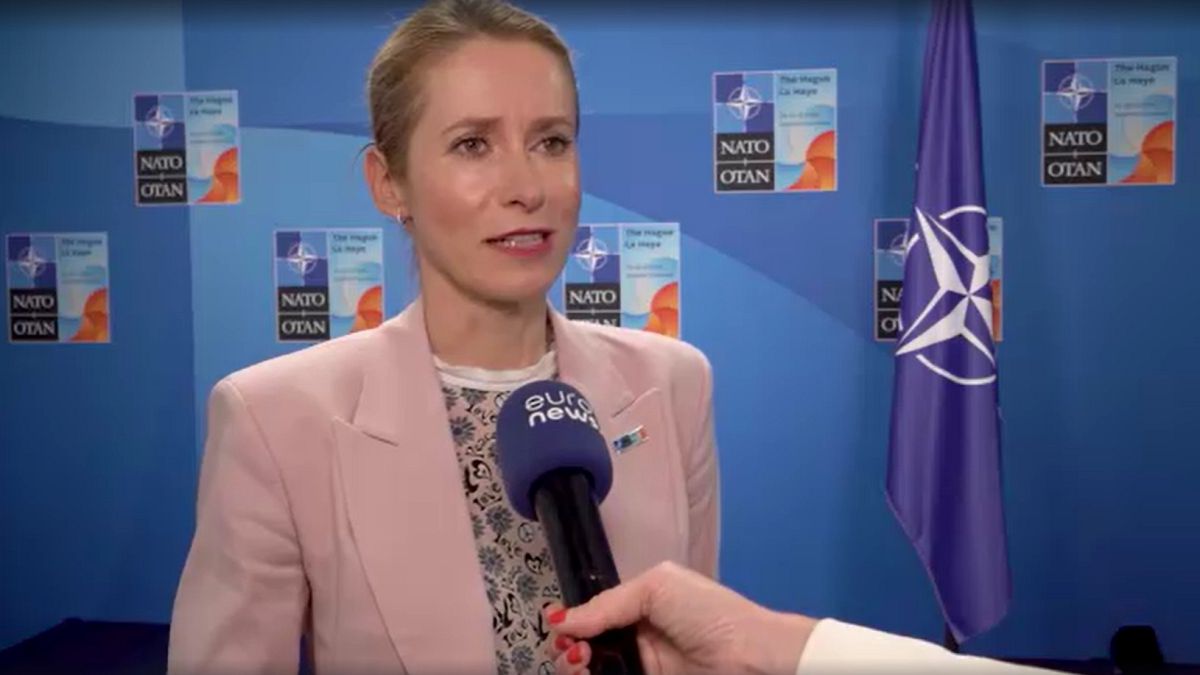

The recent NATO summit in The Hague brought with it a sense of rejuvenation and opportunity as world leaders gathered to discuss key issues related to global defense and technological advancements. One of the topics at the forefront was defense spending, with Estonia’s Prime Minister Kaja Kallas acknowledging the influence of former U.S. President Donald Trump’s insistence on increased contributions from European allies. Her words underscored a collective effort to enhance defense budgets across Europe, ensuring a more balanced distribution of responsibilities within the alliance.
During the summit, U.S. President Trump’s presence was met with a warm reception by Dutch King Willem-Alexander and NATO Secretary-General Mark Rutte, highlighting the friendly atmosphere amidst discussions on mutual defense commitments. Despite some stirring of controversy, the mutual respect remained, showcasing a unified front among allied nations. The gathering offered a platform for reassurance, as leaders discussed how best to navigate complex geopolitical landscapes with cooperation and mutual trust.
In another significant aspect of the summit, the focus was placed on the ‘defense tech race,’ reflecting NATO’s commitment to staying ahead in integrating cutting-edge technologies. Conversations centered around the potential of future technologies to enhance military capabilities, ensuring member countries are equipped with the tools necessary to maintain peace and security. This strategic foresight signals a proactive approach by NATO, as it seeks to embrace innovation in an increasingly digital world.
Meanwhile, in the political sphere across the Atlantic, the Democratic National Committee (DNC) faced internal challenges. The departure of union leaders Lee Saunders and Randi Weingarten from the DNC’s leadership board unveiled underlying tensions within the party. These leaders voiced concerns that the Democratic Party was not sufficiently advocating for the working class amid what they described as an ‘existential battle’ during Trump’s tenure. As the party works to realign its focus and regain the trust of working-class voters, new DNC Chair Ken Martin emphasized ongoing efforts to address these foundational concerns.
The departure of these union leaders reflects broader discussions on representation and advocacy within political ranks. It signals a turning point where recalibration may be necessary to heal and unify the party’s diverse constituencies. As leaders within the Democratic Party strive to find common ground, this moment serves as an opportunity to refine strategies that align with the needs and aspirations of all members.
In both instances, whether through international cooperation at a NATO summit or introspection within a political party, we observe a shared pursuit of security and support for communities. Calmly navigating these developments with mindfulness and openness can pave the way for sustainable and positive outcomes. It is through dialogue, empathy, and thoughtful consideration that progress is cultivated, enhancing the stability and unity that resonate across borders and political landscapes alike.
Source: {link}
